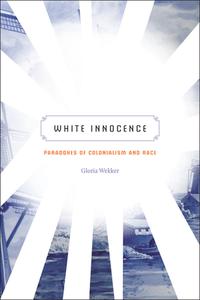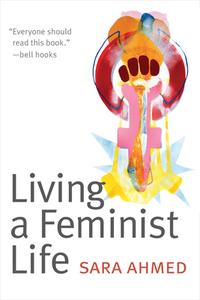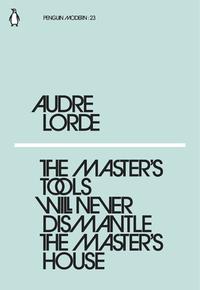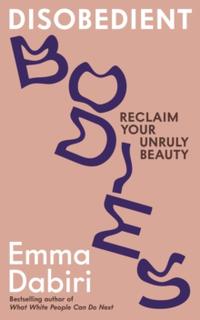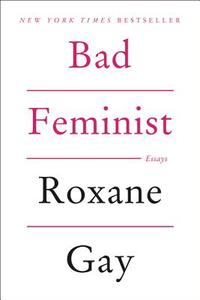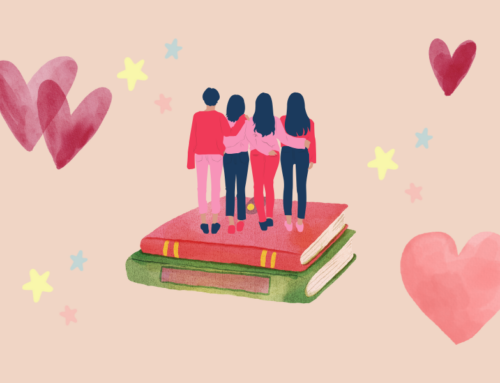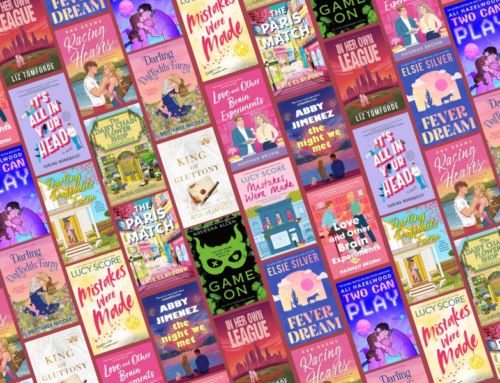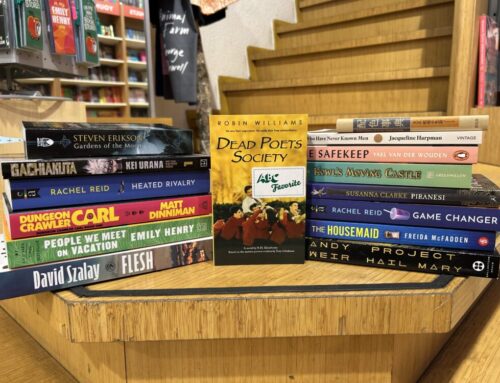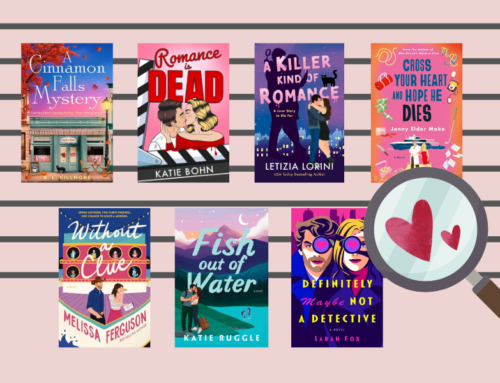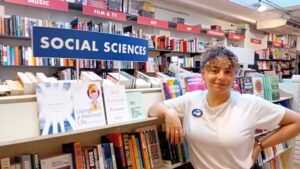
I think in this age of ample misinformation and short-form content that limits in-depth learning, it’s important to pick up an extensively researched nonfiction book once in a while rather than forming opinions based on click bait and shocking headlines.
My personal interest lies in social science, particularly books about racism, gender and feminism. This was awakened in me when I took a college class called Cultural Diversity, where we openly spoke about our experiences with racism, sexism, gender expression and more.
What was especially life changing was when my teacher introduced us to social science books. My young self never knew such extensive research about these topics existed, and my whole world opened up. It felt incredibly validating and comforting to know that other people experienced the same frustrations as me, so much so that they decided to do in-depth academic research about it.
I believe social science books help us understand ourselves, society and our place in it. I think through these books, we can inform ourselves about how to do better. My personal motto is: knowledge is power, knowledge is freedom, knowledge is possibility.
The following five books altered my worldview. Several are theory books that can seem quite daunting, but once you become engaged, they are completely worth the read!
White Innocence: Paradoxes of Colonialism and Race by Gloria Wekker
In school, the only time we learned about racism was when we studied the Civil Rights movement in the US. Racism was painted as something that only occurred in the States, not here in Europe. So, when my college teacher told me there was an entire book written about racism in the Netherlands, I had to read it. This book changed my perception of what racism looks like and reframed experiences I had in my childhood.
So much so, I wrote my thesis about it.
It’s a pretty dense read, but its 100% worth it, even if you just read a chapter every now and then. White Innocence is one of those books that’s guaranteed to stick with you.
Living a Feminist Life by Sara Ahmed
Reading Sarah Ahmed’s work was like reading about my own life through the eyes of someone else. This book has a special place in my heart, because it was one of those reads that made me feel seen and less alone in my experience of the world and my place in it.
As an English woman and a Pakistani living in Australia, Ahmed was often seen as an “outsider” due to her appearance and heritage. She writes about how this affected her sense of belonging, but she also breaks down the history of such outsider thought processes and how they infiltrate our sense of self and our relationships to other people. I relate to this as a mixed person myself.
Ahmed also expands on the figure of the feminist killjoy and the importance of creating a support system to stand up to racism and sexism.
The Master’s Tools Will Never Dismantle the Master’s House by Audre Lorde
This book is a small collection of Audre Lorde’s most well-known essays: Poetry is not a Luxury, Use of Erotic, The Master’s Tools Will Never Dismantle the Master’s House and Uses of Anger.
Lorde explores themes of feminism, racism and sexuality and particularly centers the intersectionality between them through insights into her life as a lesbian woman of color.
My biggest take way from this book was her argument that we cannot bring about true social change unless we learn to recognize, understand and support each other’s different experiences.
Disobedient Bodies: Reclaim Your Unruly Beauty by Emma Dabiri
On my journey of reading books about racism, I became particularly interested in the links between racism and beauty standards. As a woman, I often find myself tormented by beauty standards: because they are always evolving, it’s impossible to achieve or live up to them. Once I started reading about the origins of beauty standards and the inherent racism embedded in them, it became much easier for me to stand up to and question them. Why would I want to participate in something that perpetuates racism? This book explores exactly that.
Bad Feminist by Roxane Gay
I enjoy how Gay uses several pop culture references to reflect and discuss feminist ideas, which makes it easier to be more critical of things we see in the media.
She also embraces the idea that being a feminist does not mean you have to be fighting every fight—and perfectly! It’s okay to still be making up your own mind and educating yourself along the way. She fights the concept of the militant feminist and thinks any form of standardization is unrealistic, since we human beings are infinitely varied.
Bad Feminist is a great read if you’re looking for a book that is relatable, funny and thought provoking.

